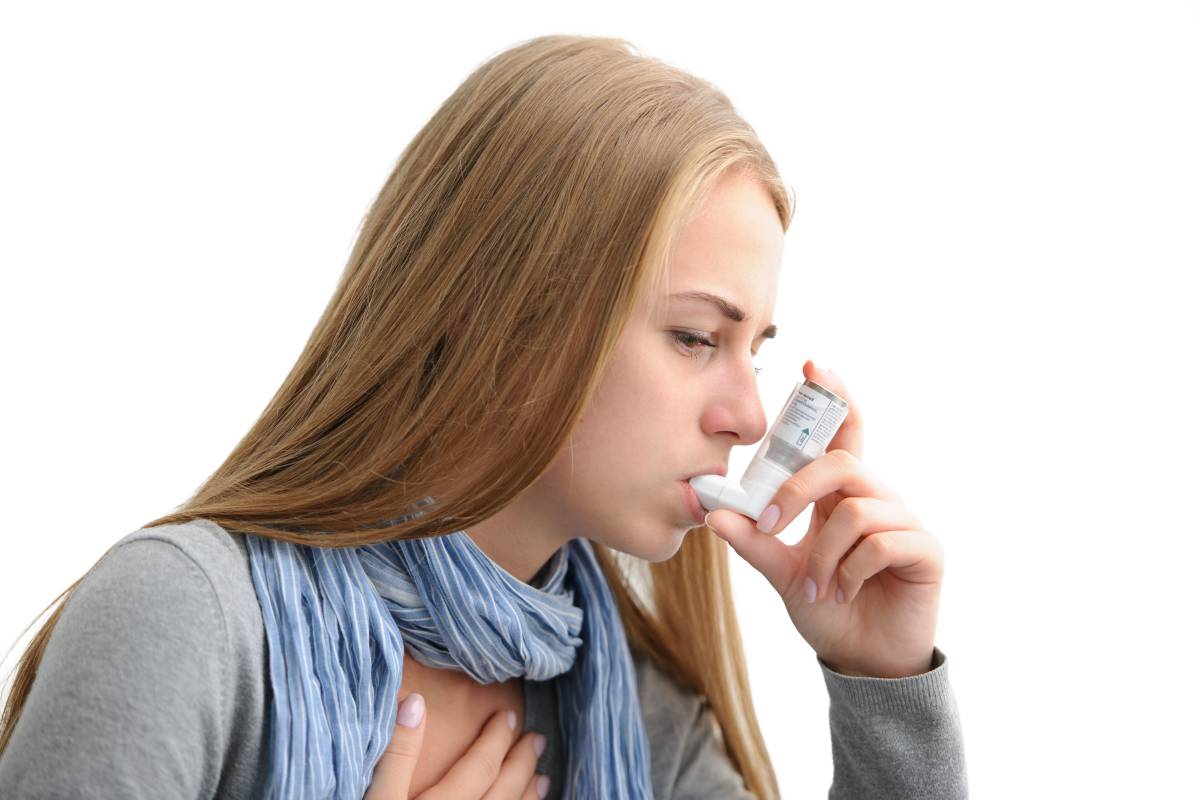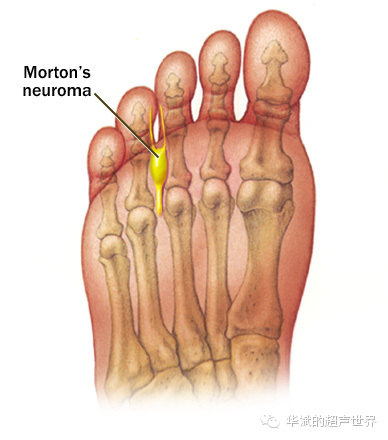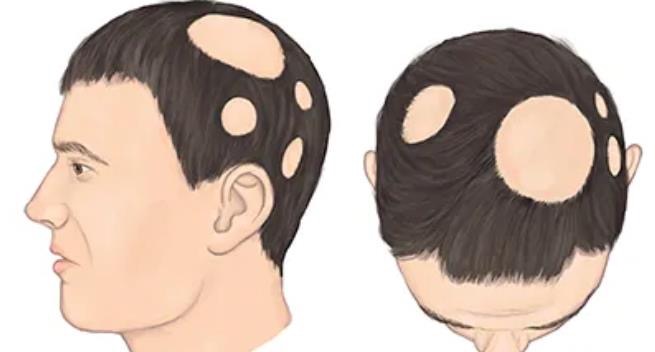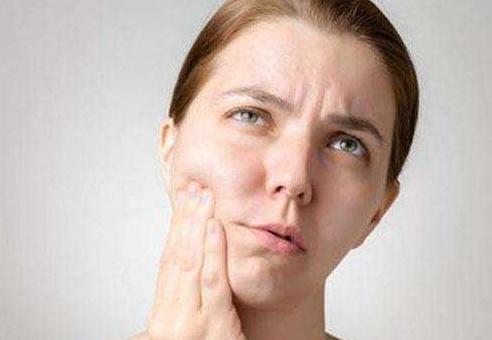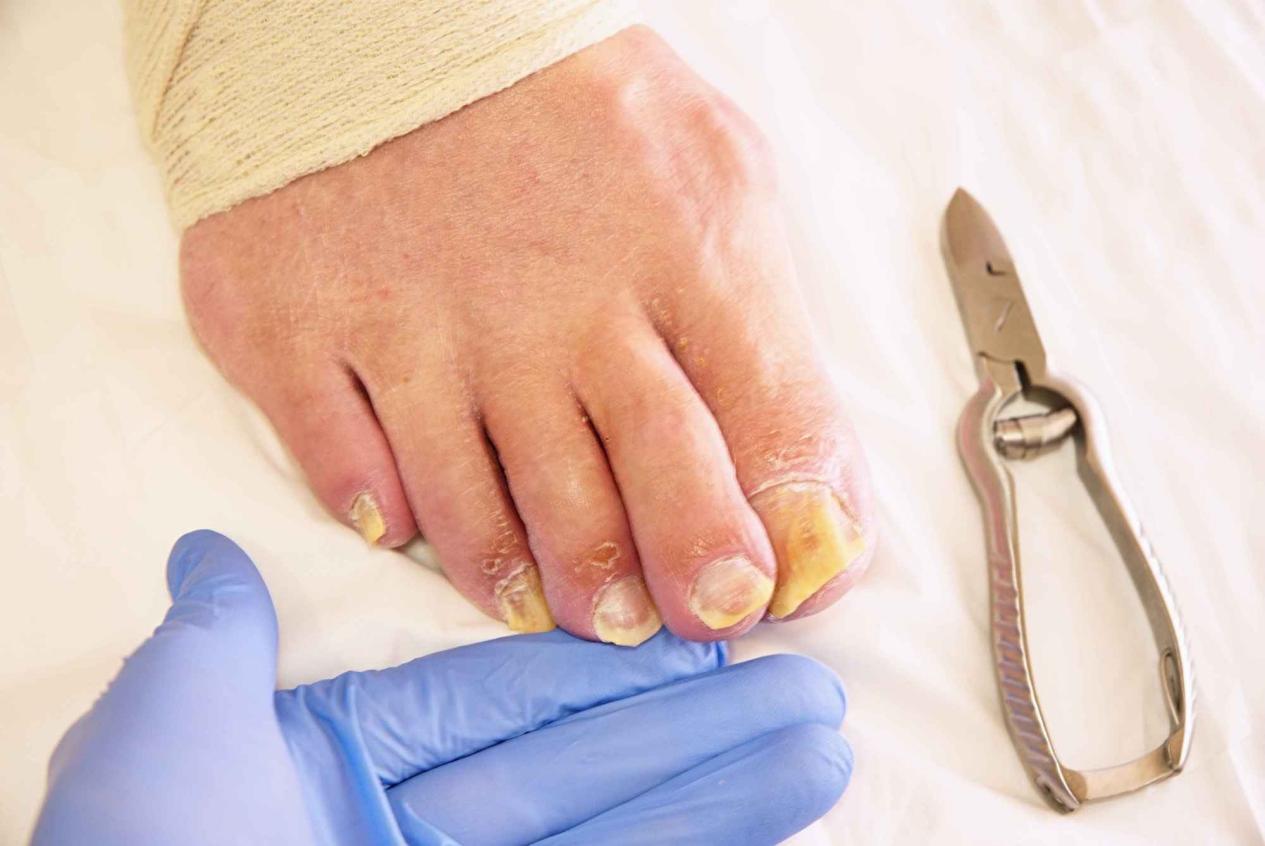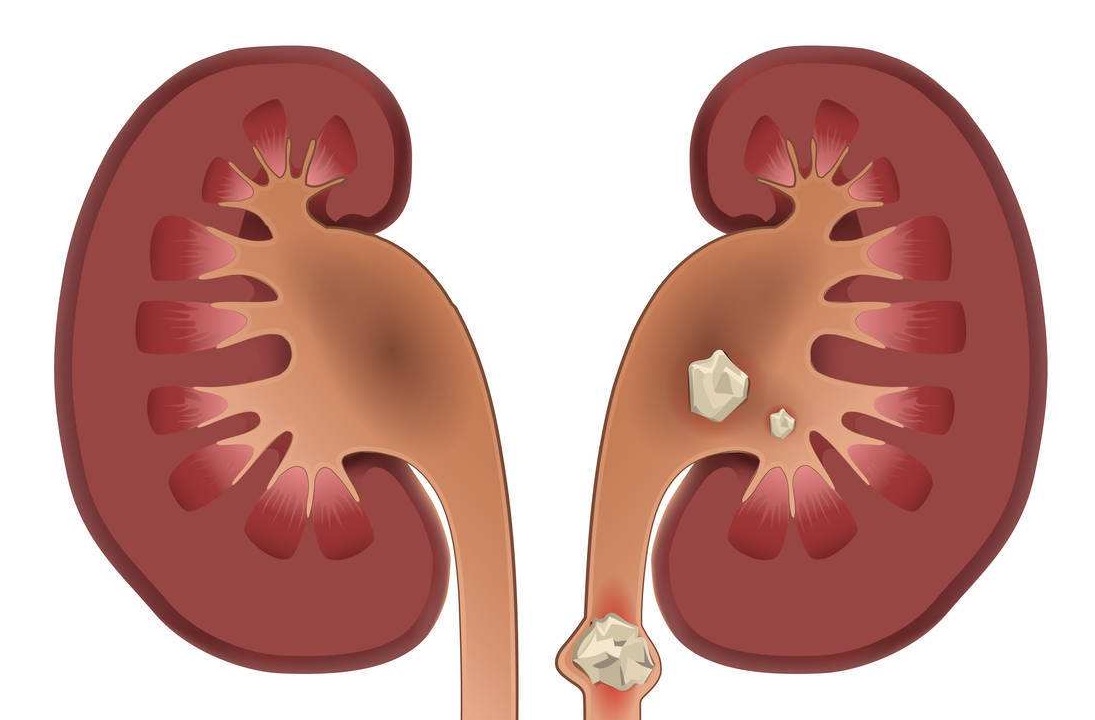Asthma, this seemingly common disease, is an "acute" ruthless role. Once it starts to temper, just a few seconds can make people into breathing desperation, and may even lead to coma, or even death. In the face of such a crisis, we can not just sit back and wait for death, we must master some first aid "magic weapon", at the critical moment, they may be able to save your life or your side of the person who is suffering from asthma.
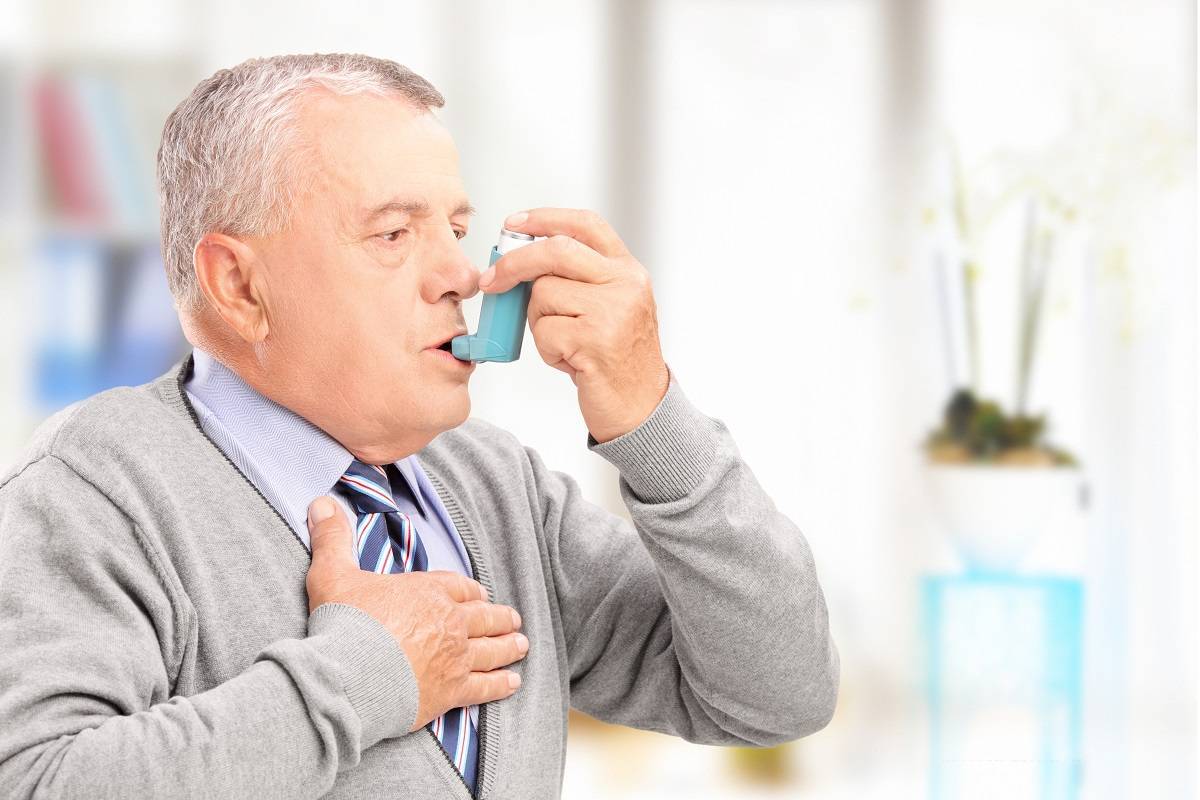
An acute asthma attack is like a sudden storm that shows no mercy just because of where and when you are. You may be alone in this storm, and if you're lucky, you may have a doctor on your side to protect you from the storm. But more often than not, we are on our own, relying on that small, lightweight "guardian angel" - emergency medicine. This bottle of emergency medicine, although it is so small that it can easily be put into the pocket, is so light that it can almost be ignored, but in critical moments, its role is as heavy as a thousand pounds. Salbutamol aerosol, a name you may already be familiar with, can pull you back from the brink of suffocation in as little as 3-5 minutes, and bring back that long-forgotten relief of breathing. Control medications, such as salmeterol/fluticasone and formoterol/budesonide, while they are a little slower to take effect, taking 10-15 minutes, are a handy aid in long-term asthma control. But don't forget that even if you take these control medications on time every day, those tricky allergens can inadvertently trigger an acute asthma attack.
When we inhale asthma medication, it's like injecting our bodies with a powerful force to help us fight the "cunning enemy" of asthma. But did you know? This force at the same time, may also bring some "small trouble" to our mouths. Just after the use of inhaled drugs, those tiny particles of drugs may leave some "traces" in your mouth. If not cleaned up in time, these "traces" may cause some local and systemic side effects, such as dry mouth, bitter mouth, and mouth ulcers, and may even affect your appetite and health. Therefore, don't forget to give your mouth a "bath" after each inhalation. Just as we brush our teeth every morning and evening, gargling is a simple and effective way to clean your mouth. You can gargle with water or salt water, and gently shake your head so that the mouthwash touches all the corners of your mouth, rinsing out any medication particles that may be left behind.
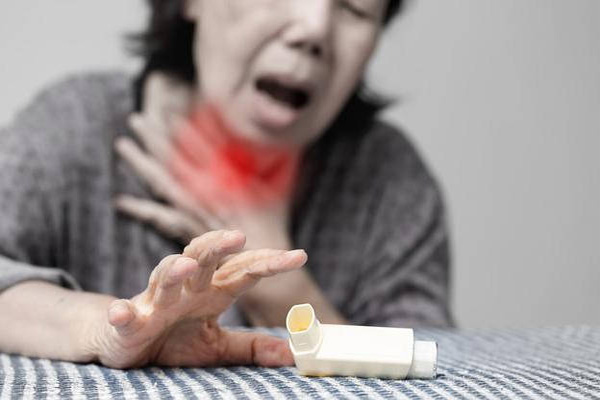
A simple action - holding your breath for 5-10 seconds after inhaling your asthma medication - can make your medication more powerful. It's not magic, it's the power of science. The moment you gently press down on your inhaler, the medication rushes into your airway like a group of brave warriors, ready to wage a fierce battle against the enemy which is asthma. But if you exhale right away, these warriors may be sent out of the battlefield before you have a chance to get your footing. Holding your breath for 5-10 seconds is like giving these fighters an order to "hold your ground". During these brief seconds, the medication has more time to settle in the lungs, forming a solid line of defence against the onslaught of asthma. In this way, not only is the medication fully utilized, but the treatment will be more effective. So, every time you inhale your medication, don't forget to give yourself a few seconds to gently hold your breath and let the medication work its best in your lungs. In this way, you will not only save the medication but also make the treatment more effective. Remember, every little action can bring unexpected results.
In short, in the face of asthma, this "acute" enemy, we can not be taken lightly. Only mastering these first aid "magic weapons”, can in the critical moment turn the danger into safety, to protect their own lives and the safety of others. Let's remember these key asthma management knowledge, through these simple but effective measures, we can not only improve the effectiveness of asthma treatment but also make life better. Let's work together to care for asthma and guard every breath.
